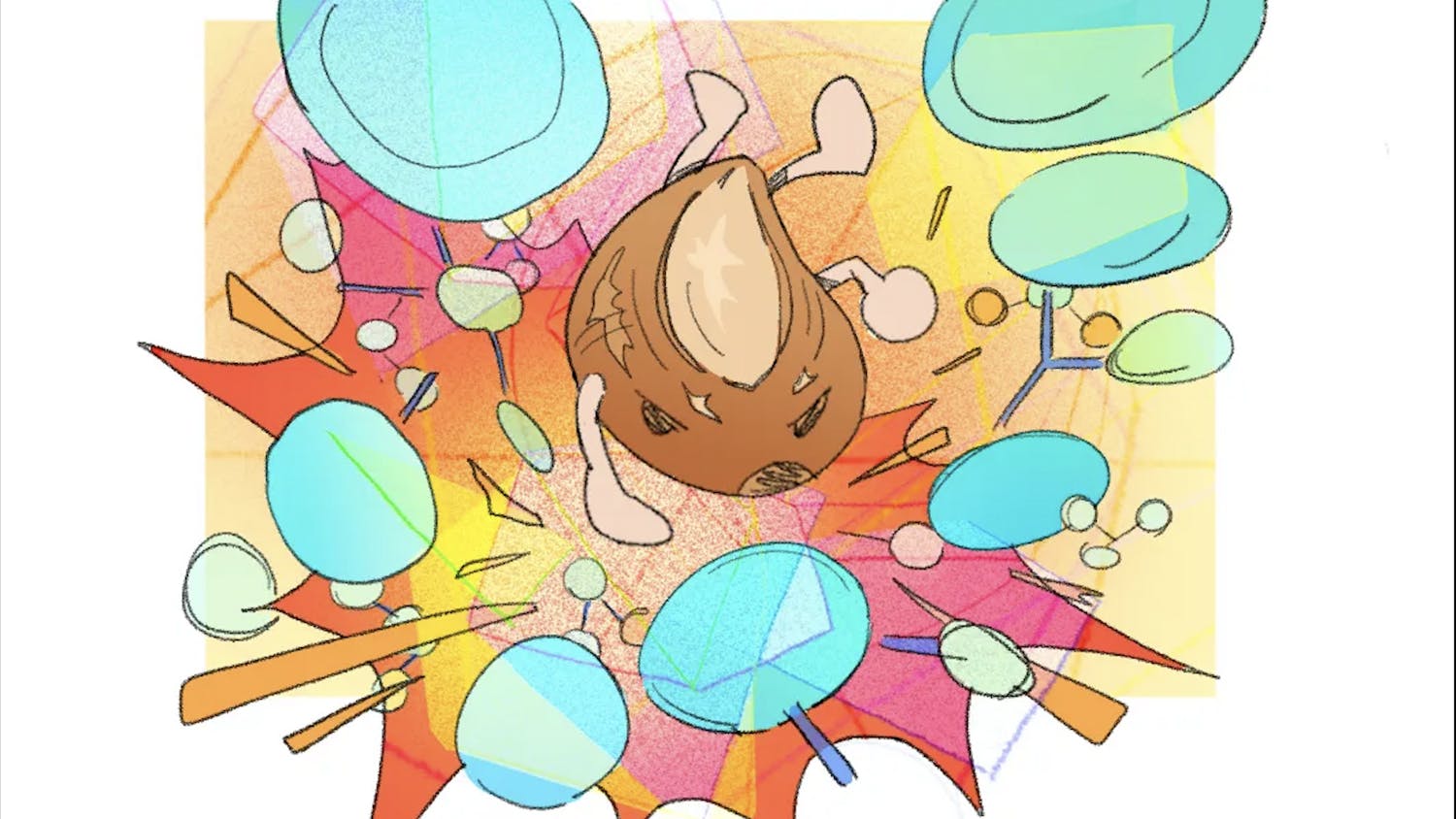The University officially unveiled the Veteran Affairs Center of Excellence for Neurorestoration and Neurotechnology Friday at a ceremony attended by government officials and members of the medical community. The center was made possible by a $4.5 million five-year grant awarded by the U.S. Department of Veterans Affairs in June.
The center, located at the VA Medical Center, will focus on medical issues that affect many veterans - such as spinal cord injury, post-traumatic stress disorder and depression - through research in neuroprosthetics, advanced prosthetic limbs and rehabilitation robotics and neuromodulation, the use of neural stimulation to treat psychiatric disorders.
Friday's ceremony highlighted the community partnerships - Massachusetts General Hospital, the University, Butler Hospital and Lifespan with the VA Medical Center - that made the research center possible. The collaboration "underscores the tremendous success we could have if we all work together," said Glenn Tung, associate dean for clinical affairs at the Alpert Medical School, during the ceremony.
The collaboration is "an example of the VA at its very best," said Michael Mayo-Smith, director of the VA New England healthcare system, in his remarks. "This is just going to be the beginning." The center is unique in that it allows researchers and clinicians to work together, so when new innovations are developed, the patients at the VA Medical Center can immediately benefit, Mayo-Smith said.
Professor of Neuroscience John Donoghue, director of the center and of the Brown Institute for Brain Science, outlined the "advanced research" that would take place at the center, aiming "to restore the ability of our veterans to carry out ... fulfilling lives." Donoghue's neuroprosthetics research through the BrainGate project has made strides in creating artificial limbs controlled by neural stimulation.
The ceremony also provided an opportunity for BrainGate's two research subjects - Robert Villette and Cathy Hutchinson - to meet for the first time, according to a University press release. Villette and Hutchinson, who have both suffered paralyzing injuries, were both able to recover some limb function through neuroprosthetics developed by BrainGate.
Donoghue's team is currently engaging in clinical trials in the center's four core research areas, and he said he expects further treatment developments over the next 10 years.
Gov. Lincoln Chafee '75 P'14 described the center as an important part of the state's future. "This is going to be the epicenter, right here in Rhode Island," he said. "Someday we're going to be reading about (Donoghue) getting a Nobel Prize."
In his keynote address, Joel Kupersmith, chief research and development officer at the Department of Veterans Affairs, outlined the clinical trials and medical advancements of the VA program's 87-year history, demonstrating how the new neurorestoration and neurotechnology center will fit into the program's future. The center, Kupersmith said, will "discover knowledge and create innovations that advance the health and care of veterans across the country."
ADVERTISEMENT




